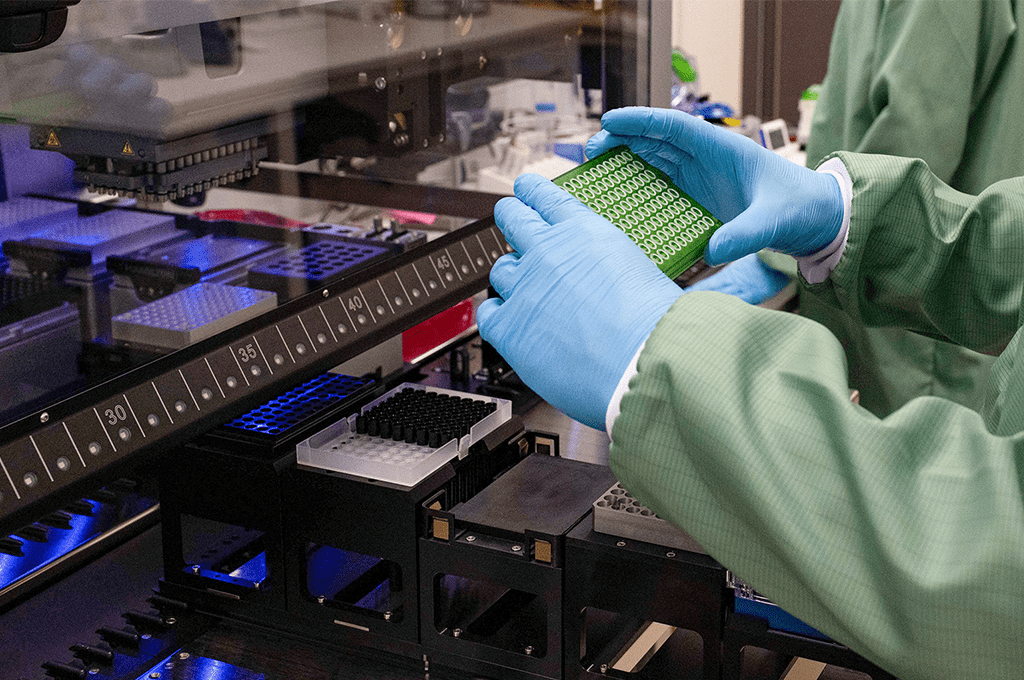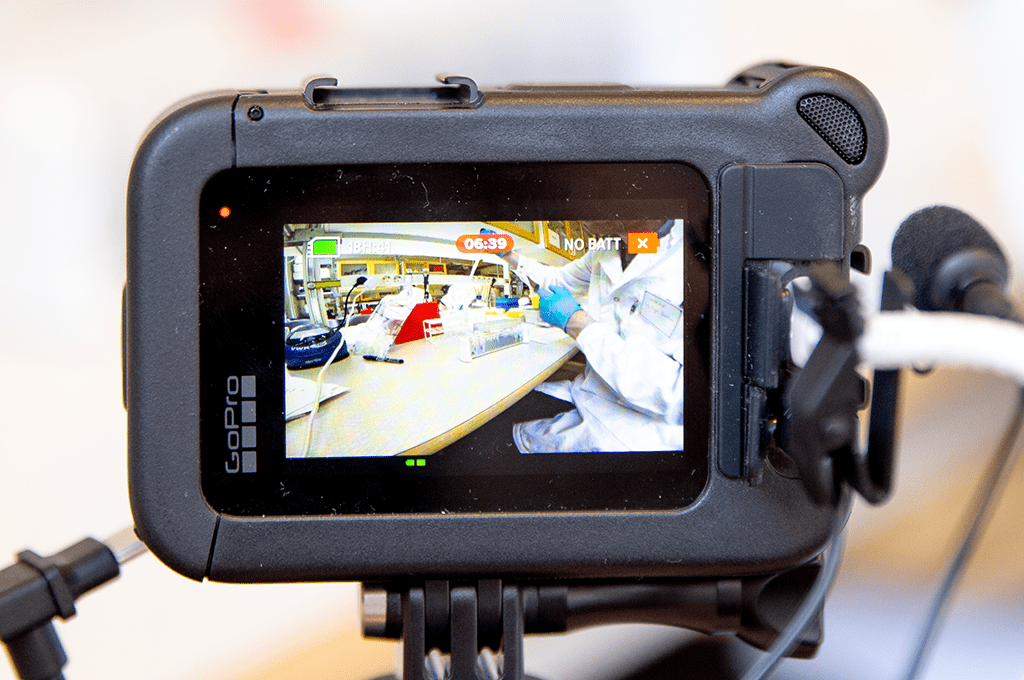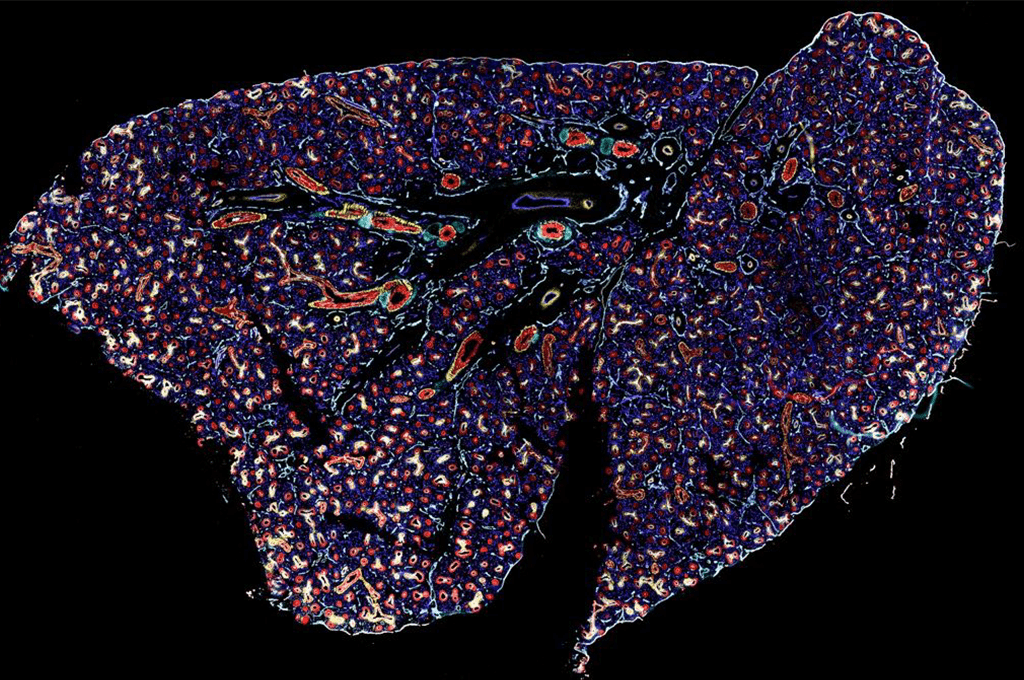New gene panel improves blood cancer diagnostics
Accurate identification of disease-causing genetic alterations is crucial for refining the diagnosis and treatment of blood cancers. The SciLifeLab Clinical Genomics platform and Genomic Medicine Sweden have developed a broad gene panel for myeloid malignancies, a large subgroup of blood cancers. This gene panel provides the basis for cost-effective and equitable diagnostics in Sweden and has already been used for analysis of 8,000 clinical samples.
The new gene panel enables identification of mutations in about 200 genes, which provides important information in the diagnosis, follow-up and treatment of myeloid malignancies. The gene panel was first implemented for clinical diagnostics in 2020, and its use within healthcare has increased continuously. Of the total amount of 8,000 clinical samples analyzed since the launch, more than 4,500 were analyzed during 2023.
This gene panel is one of several developed by the Clinical Genomics (CG) platform and Genomic Medicine Sweden (GMS), with the aim to harmonize molecular diagnostics of hematologic malignancies across Sweden. The CG platform contributes to the design of the gene panel, as well as development of laboratory and bioinformatic workflows.
“The introduction of this gene panel for myeloid malignancies into routine care is an excellent example of how we move from the development of new diagnostic tools to their application in healthcare. The collaboration between the CG platform, GMS, and the university hospitals has been essential in allowing us to use the same gene panel for diagnostics in Sweden,” says Thoas Fioretos, Director of the CG platform, Professor and senior consultant at Lund University/Medical Service, Region Skåne and co-chair of GMS Hematology.
The gene panel has been validated in a study with 323 patients and has been compared nationally between four laboratories with very consistent results. The results were recently published in the journal Genes Chromosomes and Cancer.
“International guidelines require that all patients with myeloid malignancies are tested for around 20 genes that affect treatment options. With this the new gene panel, we have future-proofed diagnostics and treatment as the state of knowledge is moving rapidly,” says Christina Orsmark-Pietras, first author and associate researcher, Department of Clinical Genetics, Lund University and senior molecular geneticist, Section Molecular Diagnostics, Region Skåne.
“There is a great patient benefit in using these broad gene panels, and this project has also strengthened the collaboration between healthcare regions in Sweden, which will benefit the further development of precision diagnostics”, says Lucia Cavelier co-director of the CG platform, clinical laboratory geneticist at Karolinska University Hospital and co-chair of GMS Hematology.
“The GMS myeloid gene panel is more comprehensive, robust and shows better sensitivity compared to previously used diagnostic panels. This in turn leads to improved diagnostics in this group of patients and enables identification of patient-specific markers that can be used for monitoring of patients during and after treatment”, says Tatjana Pandzic, clinical laboratory geneticist at Uppsala University Hospital and CG Uppsala.
In addition to improving diagnostics, the new gene panel is offered as service for researchers. It has, for example, been used for identification of variants in cancer patients that can be monitored after treatment and studies of clonal hematopoiesis of indeterminate potential (CHIP).
DOI: 10.1002/gcc.23257





